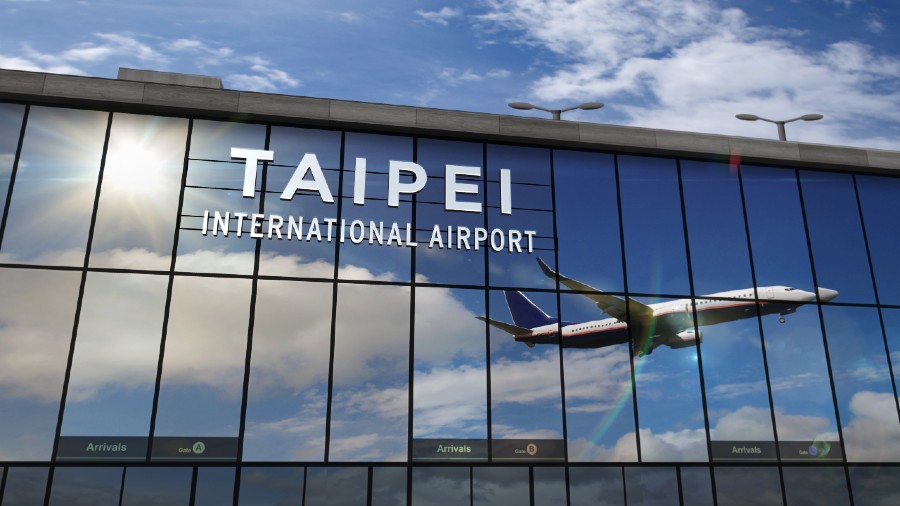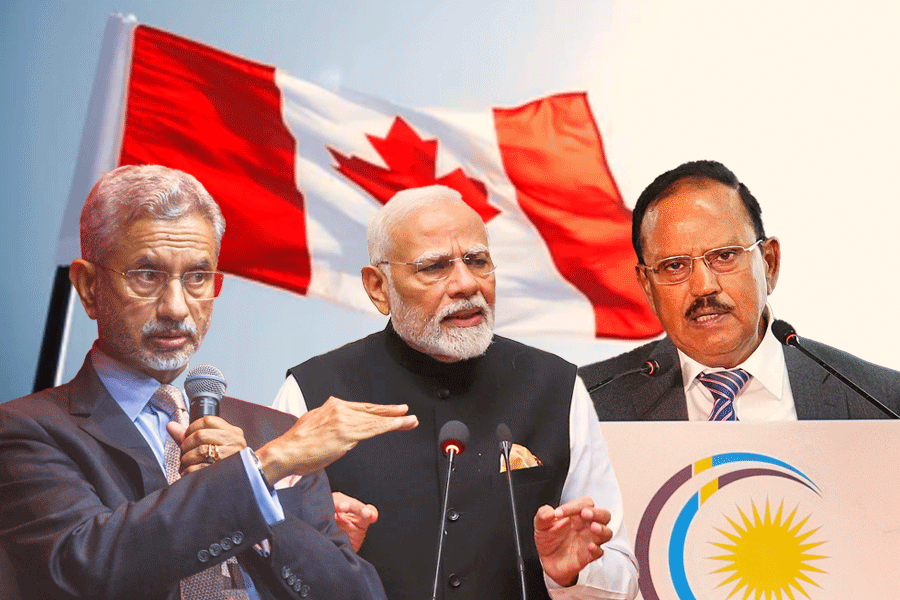Taiwan became the latest place to ban arrivals from coronavirus-stricken India on Monday, as it moves to prevent new infections, with more nations reporting cases of a variant first identified in the subcontinent.
The variant, B.1.617, has reached at least 17 countries, from Britain and Iran to Switzerland, sparking global concern and spurring several to close their borders to people travelling from India.
Scientists are studying whether the variant, resulting from two key mutations to the outer “spike” portion of the virus that attaches to human cells, is driving an unexpected explosion in cases in India.
The south Asian nation’s tally of infections was just shy of 20 million on Monday, after it reported more than 300,000 new coronavirus cases for a 12th straight day.
Last month, Indonesia, which has been battling one of Asia's worst Covid-19 outbreaks, stopped issuing visas for foreigners who had been in India in the previous 14 days.
“We need to contain these cases, while there are still only a few of them,” said Indonesian health minister Budi Gunadi Sadikin, after the first two cases of the variant reported in the southeast Asian nation on Monday. Neighbouring Malaysia said on Sunday it had detected its first case of the Indian variant, days after imposing a ban on flights from the country.
On Monday, Taiwan said that except for its citizens, all those who had been in India in the 14 days prior would be barred from entering its territory, while returning Taiwanese face 14 days in centralised quarantine facilities.
The move comes after Australia took a more drastic measure last week, banning the entry of residents and citizens who have been in India in the previous two weeks, threatening fines and jail for any who disobey.
It was the first time Australia has branded citizens’ return home a criminal offence. Australia defended the ban, which took effect on Monday.










